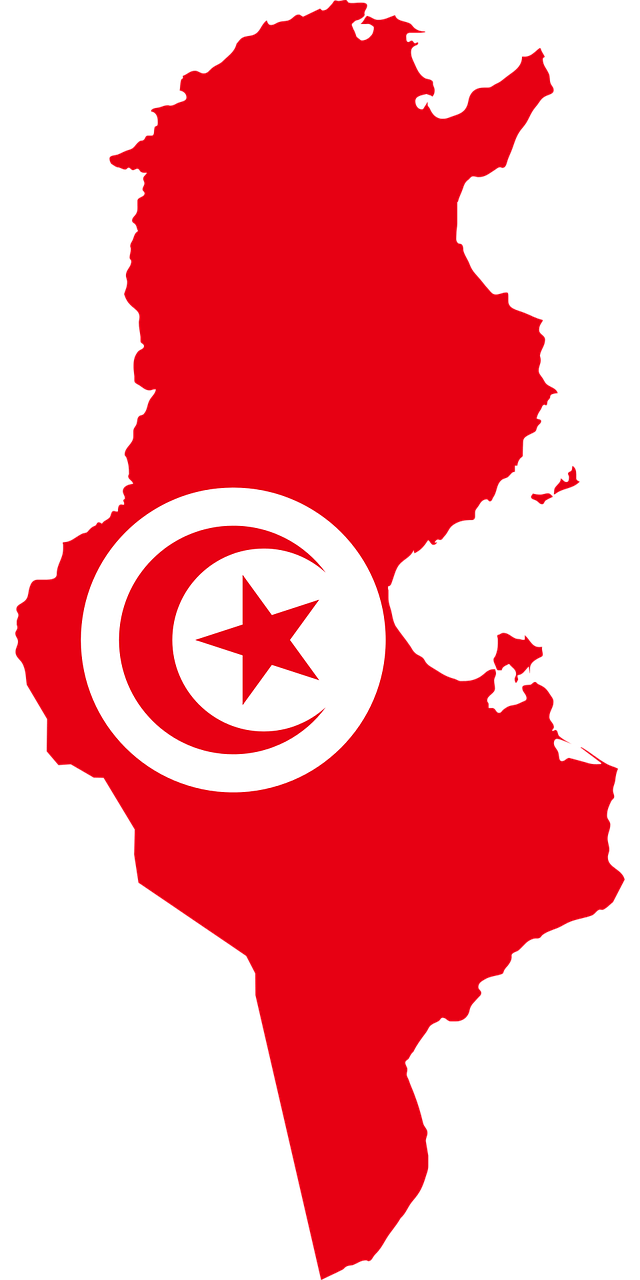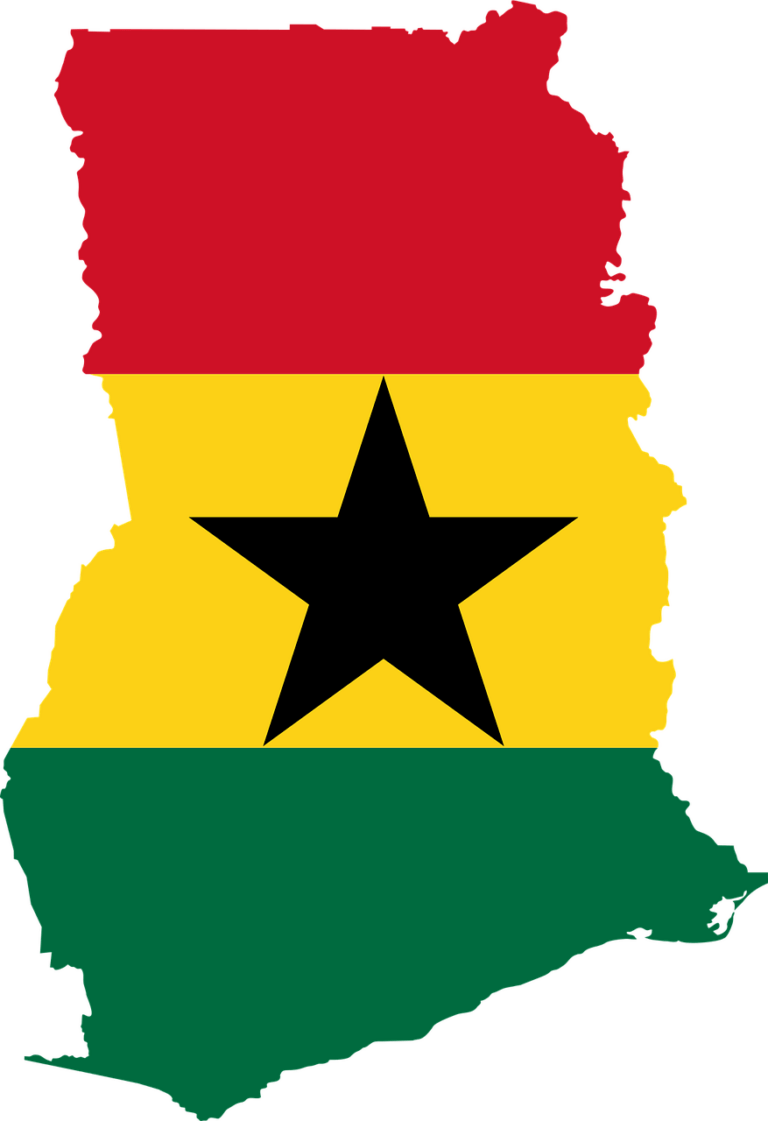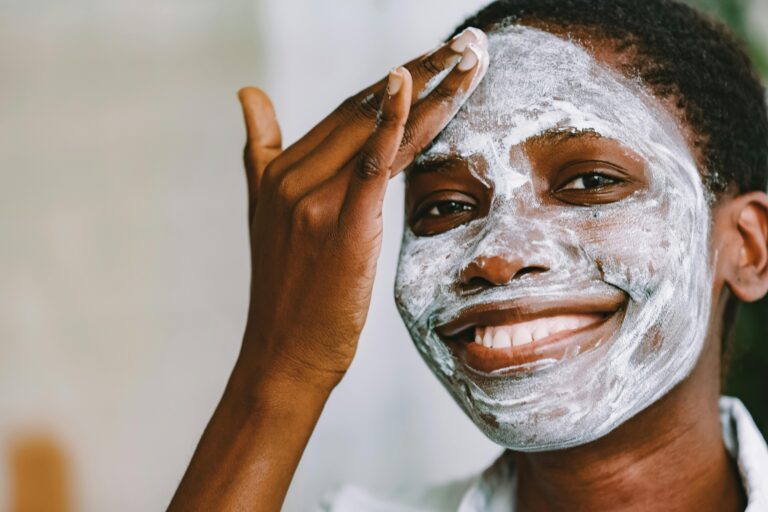Ghanaians’ love-hate relationship with marijuana

The Parliament of Ghana adopted a law that makes it legal to grow cannabis or marijuana which is generally called wee, ganja, ntampi, indian hemp, popo, djata koko ( the lion’s porridge), bonsam tawa ( the devil’s tobacco) on the streets. It is said to have been introduced into the country by ex-servicemen who fought in World War II and had returned from India and Burma. Sierra Leonean immigrants and sailors were also considered responsible for the propagation and commercialization of cannabis throughout British West Africa and contributed to the introduction and increased consumption of marijuana in the country. Apart from the ex-service men who have the status of national patriots, marijuana smokers are considered to be low class people. However, it is common to come across many well employed and respectable people who consume it. What cannot be denied is that the use of cannabis in Ghana has evolved and it is now common among all classes.
Cannabis is popular in Ghana for many reasons. First, the cannabis trade is a means of “capital formation” and was a safety net during the cocoa price slump. Cannabis is relatively cheap and the low pricing correlates well with abuse. Second, the Ghanaian senior high school boarding system is a good breeding ground for peer influence to cannabis use. Third, there is an apparent grey interface between Christianity (the predominant religion in Ghana) and the Rastafarian religion, where cannabis has sacramental roles. Fourth, the rampant corruption fuels the practice, since law enforcement officers are said to smoke it or take bribes from those who use the substance.
A look at the history behind marijuana production reveals interesting facts. Marijuana or cannabis is one of humanity’s oldest crops, used as hemp for clothing, as rope, animal fodder, cooking oil, medicine (as medicine, it is used to cure acute, chronic, inflammatory and neuropathic pain), paper, religious purposes, and for food. For recreational purposes, it is also one of the most controversial crops, the production, possession and usage of which are treated differently, depending on jurisdictions. Cannabis is known to have originated in Central Asia, mainly in China. From central Asia, it travelled through East Asia, South Asia and Europe. In the Middle East, and parts of Africa, the substance is used for psychoactive purposes. Between 2010 and 2016, there was an increase in cannabis use in Asia, Africa, the Americas and Europe. In the case of Africa, it is worth mentioning that countries like Lesotho, South Africa, Zimbabwe, Zambia and Malawi were the first, in Africa, to legalize cannabis because of its medicinal and economic benefits. In those cases, cannabis is cultivated as industrial hemp and its related products are extracted by a company under a license issued by an authority which strictly monitors the production and supply chain.
Ghana is reported to be a significant producer of high-quality cannabis, second to Nigeria in West Africa, they were identified as primary source for the traffic of the substance on the continent. Although unsubstantiated, Ghana’s cannabis has been putatively touted as “high grade” supposedly due to its high delta-9-THC content or tetrahydrocannabinol which is a cannabinoid molecule in marijuana. It has long been recognized as the main psychoactive ingredient—that is, the substance that causes people who use marijuana to feel high. It is known that the high tropical temperature and humidity in Ghana favour the accumulation of that component. In 2020, Ghana passed the Narcotics Control Commission Act, which repealed the Narcotic drugs Act of 1990 which criminalized possession or importation of narcotic substances (including cannabis). President Nana Akufo Addo signed that new law. In the process that led to the law, the concerned authorities kept the public informed and explained their strategy to the Ghanaian population. Opoku Amoah, the Head of Communications and Media Relations for Narcotics Control Commission explained how they arrived at the approval of the hemp. He contended that they presented a solid legislative document that clearly spelled out how the regulation of hemp industry would be in the country. Ghana is taking this step mainly for health and industrial purposes. The industrialization of cannabis for medicinal purposes is supposed to create job opportunities in the area of farming since the commission working for the legalization of the substance is already flooded with applications for licences to grow it. Medical cannabis is, therefore, decriminalized, allowing for production of cannabis with 0.3 per cent content of the principal psychoactive ingredient, Tetrahydrocannabis (THC). But the problem remains that this legalization process did not go all the way to the end. The same commission that started the work or project did not put together any proper instrument to guide licensing, cultivation, and standard practice and, as a result, ‘weed’ farming still remain illegal. This is a real contrast, a tangible oxymoron. The country is therefore grappling with the issues of legalizing of cannabis and one is tempted to wonder why so much energy is being spent on the decriminalization of the substance. The two main reasons surface – money or the involvement of prominent personalities in the substance business, and the large internal consumption of marijuana. The Ghanaian state is secular but deeply conservative socially and substance abuse is underreported due to stigmatization. Nonetheless, some limited data suggest that Ghana’s cannabis consumption per capita maybe among the top 10 per cent, globally. Over 4.5 tons of cannabis were seized in Ghana in 2017. Reports on estimated users range between eight to 21.5 per cent which is higher than the global average of 3.8 per cent. This unsuccessful legalization of marijuana in Ghana is mainly due to the fact that pharmacological evidence now available is skewed against legalization of cannabis because the substance has “gateway effects” since it ushers users to addictive hard drugs, it is associated with amotivational syndrome (apathy and depletion of self-efficacy), as well as the re-ignition of previous extinguished drug seeking behaviour and it causes recidivism in former addicts.
Cannabis is illegal in Ghana. Yet, the country remains one of the top producers in West Africa. This complicated status comes with many consequences, some noxious to human health, morals, safety and the economy. Other analysts might be tempted to ask if the authorities of the country take important things, like the laws that they sign, seriously.
Moussa Traoré is Associate Professor at the Department of English of the University of Cape Coast, Ghana.






